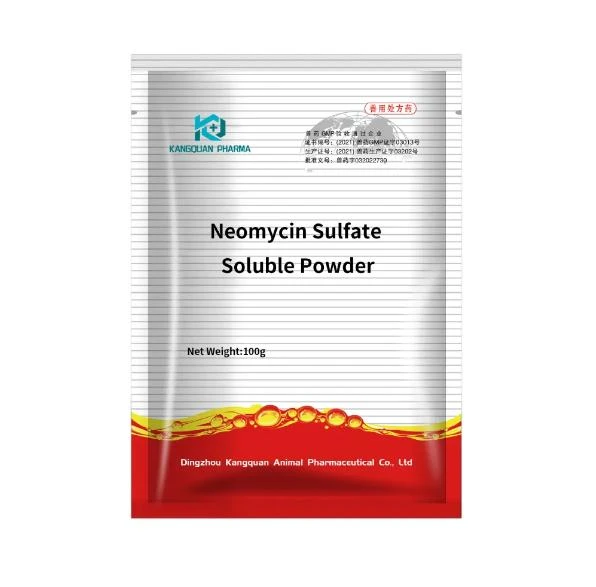- Afrikaans
- Albanian
- Amharic
- Arabic
- Armenian
- Azerbaijani
- Basque
- Belarusian
- Bengali
- Bosnian
- Bulgarian
- Catalan
- Cebuano
- Corsican
- Croatian
- Czech
- Danish
- Dutch
- English
- Esperanto
- Estonian
- Finnish
- French
- Frisian
- Galician
- Georgian
- German
- Greek
- Gujarati
- Haitian Creole
- hausa
- hawaiian
- Hebrew
- Hindi
- Miao
- Hungarian
- Icelandic
- igbo
- Indonesian
- irish
- Italian
- Japanese
- Javanese
- Kannada
- kazakh
- Khmer
- Rwandese
- Korean
- Kurdish
- Kyrgyz
- Lao
- Latin
- Latvian
- Lithuanian
- Luxembourgish
- Macedonian
- Malgashi
- Malay
- Malayalam
- Maltese
- Maori
- Marathi
- Mongolian
- Myanmar
- Nepali
- Norwegian
- Norwegian
- Occitan
- Pashto
- Persian
- Polish
- Portuguese
- Punjabi
- Romanian
- Russian
- Samoan
- Scottish Gaelic
- Serbian
- Sesotho
- Shona
- Sindhi
- Sinhala
- Slovak
- Slovenian
- Somali
- Spanish
- Sundanese
- Swahili
- Swedish
- Tagalog
- Tajik
- Tamil
- Tatar
- Telugu
- Thai
- Turkish
- Turkmen
- Ukrainian
- Urdu
- Uighur
- Uzbek
- Vietnamese
- Welsh
- Bantu
- Yiddish
- Yoruba
- Zulu
डिस . 12, 2024 11:30 Back to list
lincomycin hcl monohydrate uses
The Uses of Lincomycin HCl Monohydrate
Lincomycin HCl monohydrate is a potent antibiotic derived from the microorganism *Streptomyces lincolnensis*. Known for its effectiveness against various bacterial infections, it has significant applications in both human and veterinary medicine. This article will delve into its uses, mechanisms of action, dosage considerations, side effects, and the growing importance of this antibiotic in clinical settings.
Mechanism of Action
Lincomycin operates primarily by inhibiting bacterial protein synthesis. It binds to the 50S subunit of the bacterial ribosome, thereby blocking the translocation steps in protein synthesis. This action halts bacterial growth, making it classified as a bacteriostatic antibiotic. Lincomycin is effective against a variety of Gram-positive bacteria, including Streptococcus and Staphylococcus species. Its efficacy against anaerobic bacteria makes it particularly valuable in treating infections that are resistant to other antibiotics.
Clinical Uses
Lincomycin HCl monohydrate is primarily utilized in treating serious infections caused by susceptible bacteria
. It is commonly prescribed for the following conditions1. Skin and Soft Tissue Infections Due to its effectiveness against Staphylococcus aureus, including methicillin-resistant strains (MRSA), lincomycin is often used to treat abscesses, cellulitis, and other skin infections. 2. Respiratory Tract Infections Lincomycin is beneficial in treating infections such as pneumonia and lung abscesses caused by anaerobic bacteria or specific strains of Streptococcus. 3. Bone and Joint Infections Due to its excellent penetration into bone tissues, lincomycin is frequently utilized in the management of osteomyelitis and septic arthritis. 4. Dental Infections Its ability to combat anaerobic bacteria makes lincomycin a useful agent in managing dental abscesses and other oral infections. 5. Pelvic Inflammatory Disease (PID) Lincomycin can be part of a combination therapy in treating this serious condition caused by sexually transmitted infections.
Veterinary Uses
In addition to human medicine, lincomycin is significant in veterinary applications. It is used to treat a range of infections in livestock, including respiratory infections and skin diseases caused by susceptible bacteria. The use of lincomycin can help enhance animal health, supporting both welfare and productivity in agricultural settings.
lincomycin hcl monohydrate uses

Dosage Considerations
The dosage of lincomycin varies based on the type and severity of the infection, the patient's age, weight, and renal function. It is available in various forms, including oral capsules, injectable solutions, and topical formulations. For instance, adult patients may receive a standard dose of 500 mg every six hours, while pediatric patients will have their dosages adjusted according to their body weight.
Side Effects
While lincomycin is generally well-tolerated, some patients may experience side effects. Common adverse reactions include gastrointestinal symptoms such as nausea, vomiting, and diarrhea. More severe reactions, though rare, can include allergic reactions, an increased risk of Clostridium difficile infection leading to colitis, and liver enzyme elevations. Therefore, patients must be monitored carefully during treatment, especially those with a history of gastrointestinal issues.
Growing Importance
As antibiotic resistance continues to pose significant challenges in treating infections, the role of lincomycin HCl monohydrate in clinical practice is becoming increasingly vital. Its unique mechanism and effectiveness against resistant strains of bacteria have renewed interest in its use, particularly in treating complex cases where first-line antibiotics may fail.
Moreover, ongoing research aims to explore the potential of lincomycin in combination therapy with other antibiotics to enhance its efficacy and broaden its spectrum of action. Given the evolving landscape of bacterial resistance, lincomycin's significance in both human and veterinary medicine is expected to grow.
Conclusion
Lincomycin HCl monohydrate is a valuable antibiotic with a broad range of applications in treating bacterial infections in humans and animals. Its unique properties, effective mechanisms, and importance in the face of increasing bacterial resistance highlight its continued relevance in clinical practice. As we advance in our understanding of antibiotics and resistance patterns, lincomycin remains an essential tool in the ongoing fight against infectious diseases.
-
Guide to Oxytetracycline Injection
NewsMar.27,2025
-
Guide to Colistin Sulphate
NewsMar.27,2025
-
Gentamicin Sulfate: Uses, Price, And Key Information
NewsMar.27,2025
-
Enrofloxacin Injection: Uses, Price, And Supplier Information
NewsMar.27,2025
-
Dexamethasone Sodium Phosphate Injection: Uses, Price, And Key Information
NewsMar.27,2025
-
Albendazole Tablet: Uses, Dosage, Cost, And Key Information
NewsMar.27,2025













